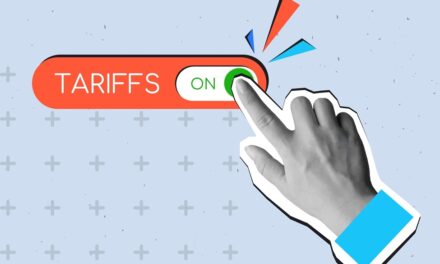
DHL accused of double standards on international human rights
International trade unionists have denounced Deutsche Post DHL for using lie detectors on its staff outside Germany. After the German media reported last week on a case in which it was suggested a lie detector was used on an employee accused of stealing 22 USB flash drives in Colombia, Deutsche Post DHL issued a statement denying use of polygraph equipment in the incident in question.
However, in Deutsche Post’s statement it did admit that company policy was to allow the use of lie detectors where doing so was not illegal.
The company insisted use of polygraph systems was only used in “special circumstances” such as in suspected cases of organised crime, and only where the employee agrees to the test.
Use of lie detectors in Germany is “strictly regulated and limited”, said Deutsche Post, so it does not use the equipment in its home country.
“There are very few cases each year in which tests in individual companies are applied with lie detectors,” said the Deutsche Post corporate statement.
“An internal and external legal review has shown that the use of lie detectors in an excessive way is a violation of applicable international rules and against the commitments the company represents,” it stated.
Deutsche Post added that it would continue a constructive dialogue with trade union groups regarding the issue.
“Double standard”
International trade union umbrella group UNI Global said it was a “double standard” to use lie detectors to “intimidate” workers outside Germany where it is seen as a breach of human rights, stating that Deutsche Post should hold itself to the German human rights standard wherever it operates in the world.
UNI Global confirmed it is working with the International Transport Workers’ Federation to sign a global agreement with DHL that will require the same level of human rights as its workers in Germany.
“We want DHL to set a global standard for worker rights that gives the high level of respect afforded to German workers to every DHL worker around the world,” said Neil Anderson, Head of UNI Post & Logistics.
“The lie detector tests are being used in various countries to intimidate trade union activists and to stop union activity and we want the company to sign a global agreement that ensures it will set a high standard for union and human rights at all its worksites.”
Lie detectors – also known as polygraph tests – monitor and record physiological responses to questions asked, including blood pressure, pulse, respiration, and skin conductivity. The technology is dismissed as “pseudoscience” by many in the scientific community.












